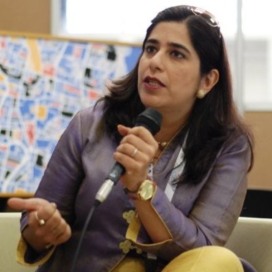
UN-Habitat | Chief, Urban Practices Branch
All the SDGs have targets which are directly or indirectly related to the daily work of local and regional governments and local stakeholders. While the SDGs are global in their ambition, their achievement will depend on local action and local leadership.
SDG localization is the process of transforming the SDGs into reality at the local level, in line with national frameworks and with communities’ priorities. To be successful, localization needs to be anchored in the principles of inclusion, partnership and multilevel governance, and to build on adequate data and financing availability at the local level.
This session aims to create an engaging debate with a wide array of stakeholders from different spheres of government and sectors. It is an opportunity to present and discuss the main global initiatives on SDG localization supported by the United Nations system and by UN-Habitat.
In the past two years, the COVID-19 pandemic has exacerbated poverty and deepened existing inequalities, rolling back years of progress on the SDGs. Yet, the health emergency highlighted the critical front-line role of local governments in responding to emergencies, and in driving the sustainable recovery process in line with the SDGs and the NUA.
The profound impact of Covid-19 has put forward that the path toward equitable urban futures will require a shift towards a wider sense of empathy and recognition of the interconnectedness of our communities and societies and a shared sense of solidarity. Against this context, the notion of caring cities becomes paramount, urging to cement new urban models in which people are at the heart of decision-making.
When responding to complex emergencies in a sustainable manner, local, national and international institutions need to come together to coordinate plans, policies, initiatives and resources. The SDGs act as the universal language that propels effective collaboration and cooperation across all scales to drive collective action.
UN-Habitat, in line with the principles underscored in the New Urban Agenda, recognizes the value of SDG localization and provides the most complete set of tools to support national and local governments to localize the SDG - from data to planning, to project development and financing - through three main components: 1) the Global Urban Monitoring Framework; 2) Voluntary Local Reviews; 3) SDG Cities Global Initiative.
Transformative partnerships to accelerate achievement of the Global Goals at local level
Why is local action relevant for achieving global sustainable agendas? What are the main opportunities and challenges that local and regional governments face when implementing the SDGs in their territories?
- What possibilities confer UN-Habitat through its three-pronged approach (UMF-VLRs-SDG Cities) to support the implementation of the SDGs at the local level? What recommendations would you suggest to tailor the support to communities’ needs?
- How can cities respond to the underlying challenges of poverty and inequality to ensure that no one is left behind in midst of multiple crises? What role can subnational and city governments play in eradicating poverty and reducing inequalities?
- What policies should be promoted to enhance collaboration and cooperation across all scales of government and societal groups to guide local SDG action?
- How can urban planning create sustainable neighborhoods in cities with strong spatial inequalities and limited resources drawing on lessons from the COVID-19 pandemic?

UN-Habitat | Chief, Urban Practices Branch
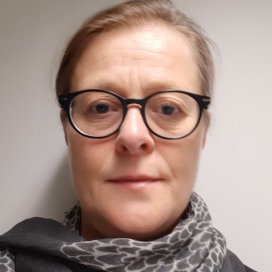
Ministry of Environment and Climate Change, Finland | Chief, Department of the Built Environment

United Cities and Local Governments | Secretary-General

Mayor of Subang Jaya, Malaysia
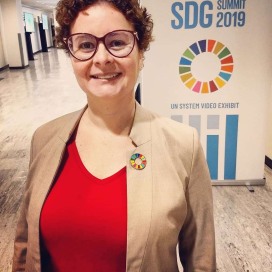
Focal Point for Agenda 2030, City of Barcarena, Brazil, and Co-founder, Rede ODS Brasil (SDG Network Brazil)

Norwegian Association of Local and Regional Governments | Chief Adviser and Coordinator of European Policy Affairs
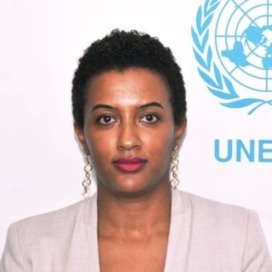
United Nations Economic Commission for Africa | Director Gender, Poverty and Social Policy Division
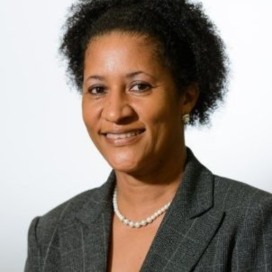
Mayor of City of Castries, Saint Lucia
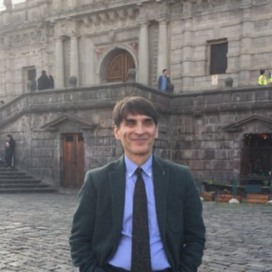
European Commission, DEVCO | Head of Unit F4 – Sustainable Transport and Urban Development

City of Mannheim | Head, Department of Strategic Governance
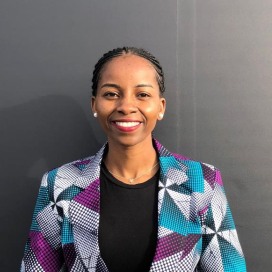
Gold Ribbon Initiative, Local2030 Coalition | Founder, Committee Member
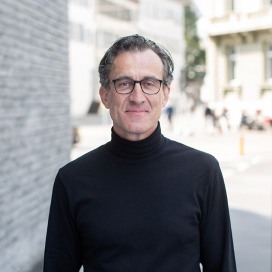
Fondation Botnar | Chief Executive Officer

UN-Habitat | Inter-Regional adviser

Plenipotentiary Minister of Foreign Affairs, Italy
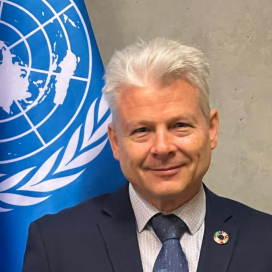
UN-Habitat | Deputy Executive Director (a.i.) and Director, Global Solutions Division, UN-Habitat